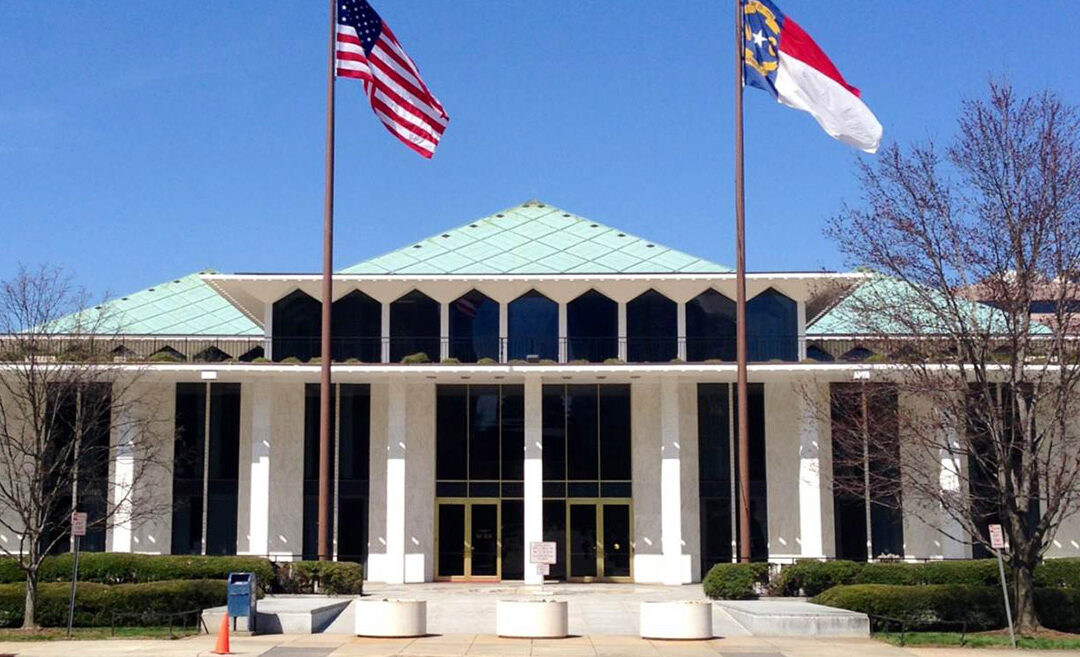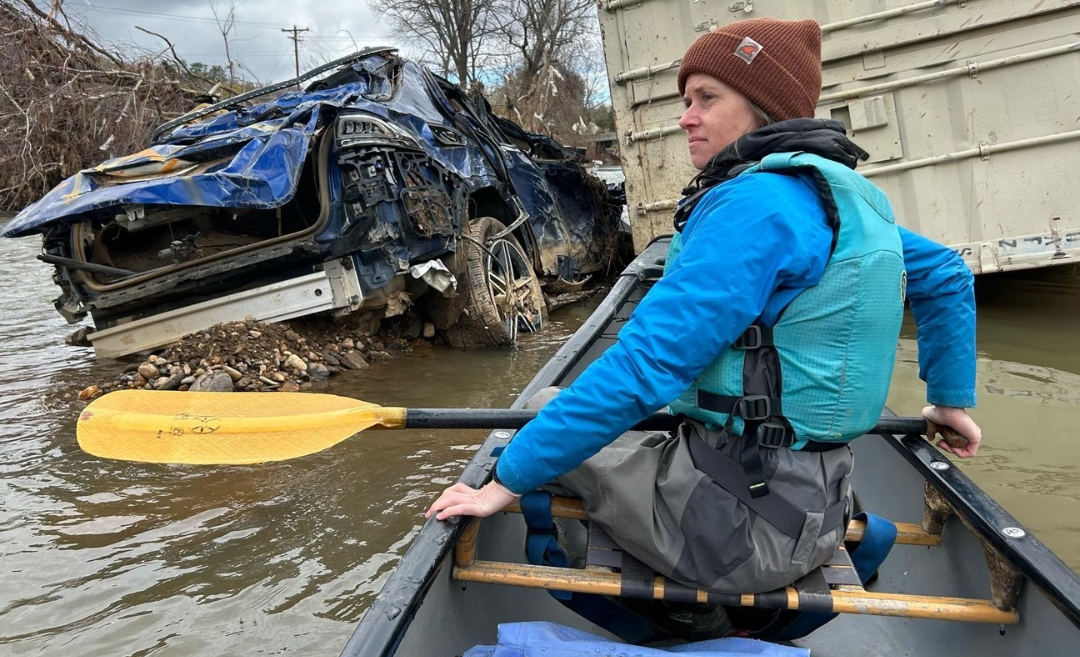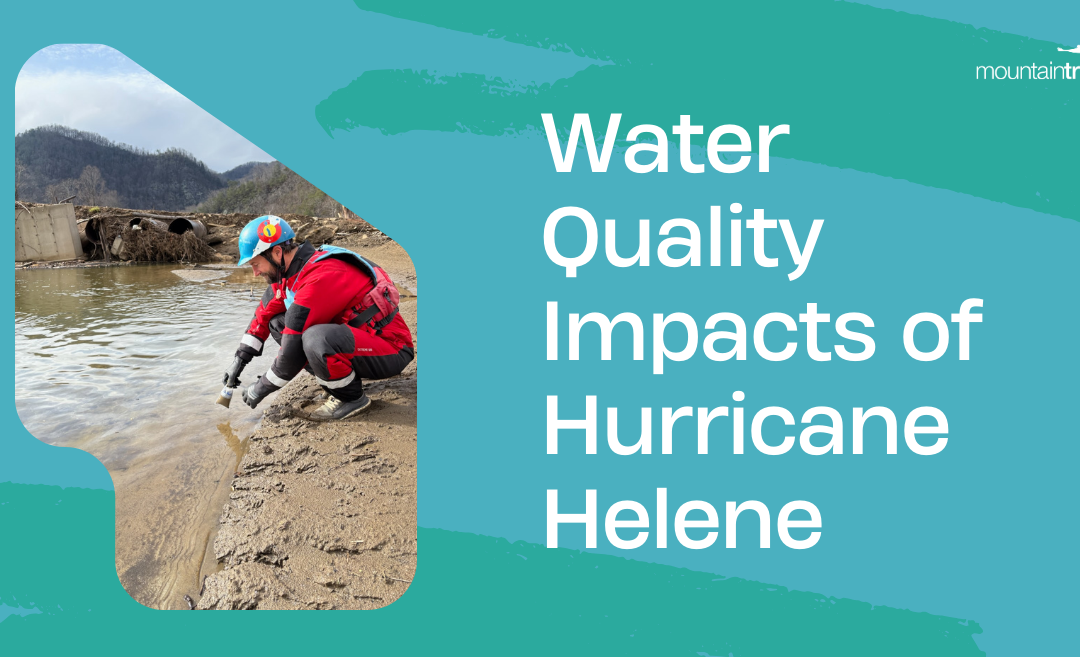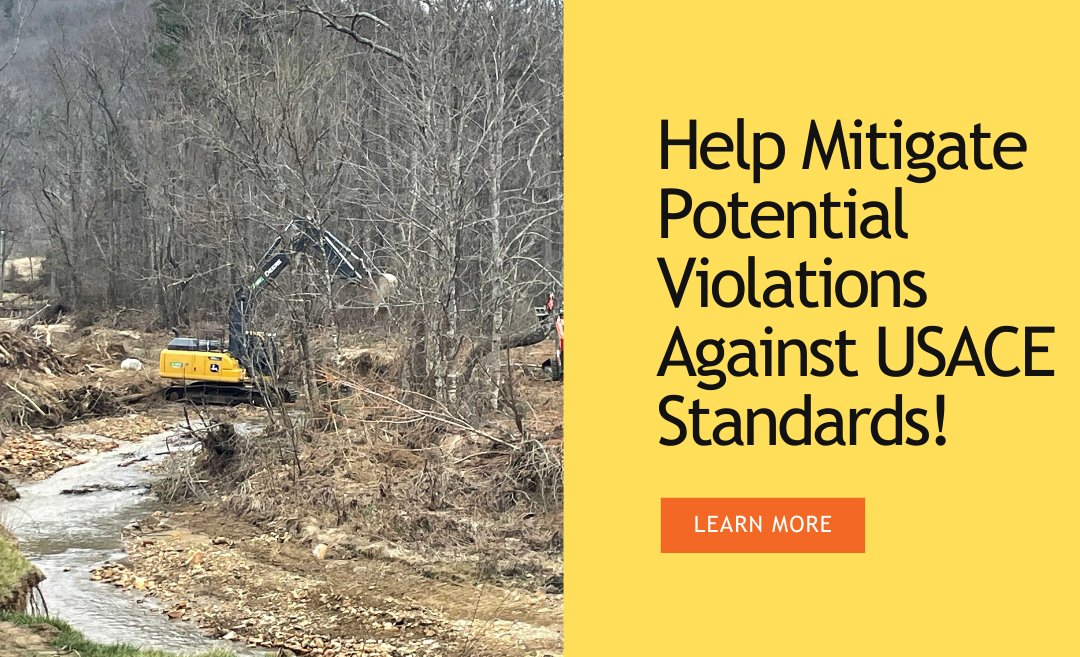


MT Raleigh Report – Legislative Update: Crunch Time in Raleigh: Where Key Bills for WNC Stand
MT Raleigh Report – Legislative Update: Crunch Time in Raleigh: Where Key Bills for WNC Stand
Memorial Day marks the unofficial start of summer—but in Raleigh, it signals something else: the homestretch of the North Carolina General Assembly’s legislative session.
While our legislature doesn’t have a firm end date, the new fiscal year begins on July 1. Republican leaders in both the Senate and House—where the GOP holds majorities—are signaling that they want to finalize a state budget and wrap up the session soon after.
That means the next few weeks will be the most important of the year for shaping North Carolina’s policies and spending priorities. Key decisions are still up in the air, and lawmakers will need to find agreement—or risk dragging the session deep into the summer or leaving town without finalizing a budget, again.
Here’s where things stand—and how they affect Western North Carolina:
Helene Recovery: Progress, But More Work Ahead
The Senate’s proposed budget includes $700 million for disaster recovery following Hurricane Helene—but offers no details on how or when the funds would be used.
Meanwhile, the House has taken a clearer step forward, passing a stand-alone recovery bill—House Bill 1012 (HB1012)—that allocates $464 million in targeted relief, including $60 million for a long-overdue small business loan program, $45 million for water infrastructure and underground storage tank bridge loan programs, $55 million for NC Dept. of Agriculture for wildfire preparedness, streamflow assistance, and other farm assistance, $12.5 million for state and local park cleanup, and $15 million for debris removal unmet needs, among other items.
Thanks to weeks of advocacy by MountainTrue and our supporters, the House bill also includes $10 million for dam removal—a critical investment that would unlock federal funding to remove aging, hazardous dams that pose a serious risk during heavy storms, including the over 40 dams severely damaged in Helene that are now prone to failure. HB1012 now heads to the Senate for consideration.
The Budget Battle
Crafting the state’s two-year budget remains lawmakers’ top task—but it won’t be easy. Budget forecasts show potential deficits in the coming years. While House Republicans want to slow the pace of tax cuts until revenues rebound, Senate Republicans are pushing for faster, deeper tax cuts and dispute the deficit projections.
On Helene recovery, both chambers agree more help is needed—but differ on how to deliver it. The House wants to pass HB1012 on its own, avoiding delays tied to broader budget negotiations. The Senate appears likely to fold the bill into the budget, making it harder for Democrats to oppose—or for Gov. Josh Stein to veto—without jeopardizing critical relief.
Housing: ADUs Can Help Fix the Crisis
One of MountainTrue’s top legislative priorities is promoting housing options that allow us to address our housing shortage without creating sprawl and negatively impacting our natural environment. That’s why we support reforms such as legislation that would require local governments to allow the construction of Accessory Dwelling Units (ADUs)—also known as “granny flats” or in-law suites.
These small homes, often built on lots with existing houses, provide lower-cost, in-fill housing so we can build in and up instead of out into our forests, farms, and open spaces. While several ADU bills have been introduced, they’ve stalled in both chambers. MountainTrue is urging lawmakers to move forward on ADU legislation before the end of the session.
How You Can Help
The decisions made over the next few weeks will shape North Carolina’s future—and your voice matters.
Please contact your state Senator and urge them to:
- Support the dam removal funding in HB1012 to protect communities and leverage federal dollars.
- Pass HB1012 as a stand-alone bill, so critical aid reaches families, small businesses, and local governments without delay.
- Advance SB495 to allow Accessory Dwelling Units, a practical step to increase affordable housing options in our communities.
Thank you for standing with MountainTrue as we fight for a cleaner, healthier, and more resilient Western North Carolina.

Take Action: Tell NCDEQ that North Carolina Needs an E.coli Standard
Take Action: Tell NCDEQ that North Carolina Needs an E.coli Standard

Press Release: MountainTrue Announces Anna Alsobrook as New French Broad Riverkeeper
Press Release: MountainTrue Announces Anna Alsobrook as New French Broad Riverkeeper
Photo: Anna Alsobrook paddles the French Broad River to assess the damage in Asheville’s River Arts District after Hurricane Helene, photo by Hartwell Carson.
March 2025
FOR IMMEDIATE RELEASE
MountainTrue Announces Anna Alsobrook as New French Broad Riverkeeper
Asheville, NC – MountainTrue welcomed Anna Alsobrook as the organization’s new French Broad Riverkeeper in early March. Anna has been part of the MountainTrue team since 2014, most recently serving as their Watershed Science & Policy Manager.
“My love of the French Broad started with a canoe-camping trip down section 10 of the river with a NC Outward Bound trip. I’d never done or seen anything quite like that before. I got to experience the sacredness of this river and these mountains. It has truly been an honor to work for its protection, and I’m thrilled to step into the French Broad Riverkeeper role,” said Alsobrook. “I’ve had the privilege of working alongside Hartwell Carson [previous French Broad Riverkeeper] for the last 10 years, and there’s not a week that goes by that I don’t learn something from him. I’m so grateful for his mentorship and guidance. The French Broad is lucky to have had his voice for the last 20 years.”
Hartwell Carson now serves as MountainTrue’s Clean Waters Program Director and works directly with all four of MountainTrue’s Riverkeepers — the Broad, French Broad, Green, and Watauga Riverkeepers — to protect waterways across the Southern Blue Ridge.
“I thoroughly enjoyed being the eyes and ears for the river during my time as French Broad Riverkeeper,” said Carson. “Our work put the French Broad on the map as a great place to recreate by establishing the French Broad Paddle Trail; vastly increasing awareness of the threats posed to the river by pollution; establishing a monitoring program that is one of the first of its kind in the world; forcing Duke Energy to clean up their coal ash ponds and close their power plant; restoring miles of streams; and hosting a plethora of volunteers to help clean up millions of pounds of trash in the river and along its banks.”
Stay up-to-date with Anna’s work as the French Broad Riverkeeper on Instagram and Facebook; she can also be reached via email at anna@mountaintrue.org. Hartwell can still be reached hartwell@mountaintrue.org.
About MountainTrue
MountainTrue champions resilient forests, clean waters, and healthy communities. We are committed to keeping our mountain region a beautiful place to live, work, and play. Our members protect our forests, clean up our rivers, plan vibrant and livable communities, and advocate for a sound and sustainable future for all. MountainTrue is active in the Broad, French Broad, Green, Hiwassee, Little Tennessee, New, and Watauga watersheds and is home to the Broad Riverkeeper, French Broad Riverkeeper, Green Riverkeeper, and Watauga Riverkeeper.
In the aftermath of Hurricane Helene, MountainTrue is committed to leading the recovery of our region with a vision to rebuild stronger, safer, and better prepared for the impacts of climate change. mountaintrue.org
###

Report: Water Quality Impacts of Helene
Report: Water Quality Impacts of Helene
Our Clean Waters team compiled a report summarizing MountainTrue’s sampling efforts post-Hurricane Helene. Click the button below to download/read the report.

Post-Helene Cleanup Monitoring Form
Post-Helene Cleanup Monitoring Form
Key issues to watch for and report are:
- Lack of timber matting beneath vehicles and machines entering waterways.
- Spilled petroleum products or any other hazardous waste.
- Any form of excavation (digging) of soil or woody debris (versus pulling).
- Removal of live trees leaning less than 30%.
- Removal of rootballs with less than 50% exposure.
- Intact clumps of soil attached to the roots of removed trees.
- Removal of downed trees existing prior to the storm.
- Use of vehicles or machines in wetlands.
Use the form below to submit instances of perceived violations, which we will then relay to our contacts with the USACE. You are also welcome to send the information you collect (paired with the applicable standard) directly to your county’s County Manager and Emergency Management Director.
